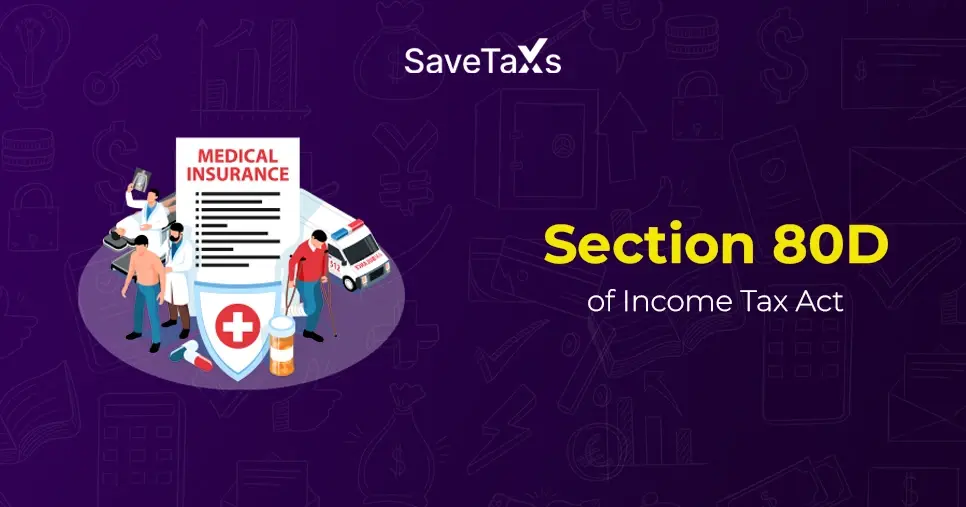
Want to read more?Explore Blogs
No matter what your source of income is, we've got you covered. There’s a plan for everybody!
An IEC Code is exempted for the following:
No, generally, you cannot export goods without an IEC code. An IEC code is crucial for exporting goods or services from India. However, several exemptions may apply, such as:
Yes, NRIs and OCI cardholders staying in Myanmar (formerly known as Burma) can apply for an Indian PAN card. You can submit the application online with the required identity, address, and passport-related documents.
To apply for a PAN card from Myanmar, NRIs generally need a copy of their passport, overseas address proof, birth date proof, and passport-sized photographs. You may also need to submit some additional documents based on the applicant's status.
Yes, if an NRI in Myanmar earns taxable income in India (rent, capital gains, dividends, or interest), they need to have a PAN card.
The processing time to get a PAN card application from Myanmar usually ranges between 15 and 20 working days. It varies based on document verification and whether a physical PAN card is requested.
In most cases, Indian banks may ask you to provide a PAN card to open and operate NRO or NRE accounts. Having a PAN card also helps ensure compliance with the rules of the RBI and the Income Tax Department.